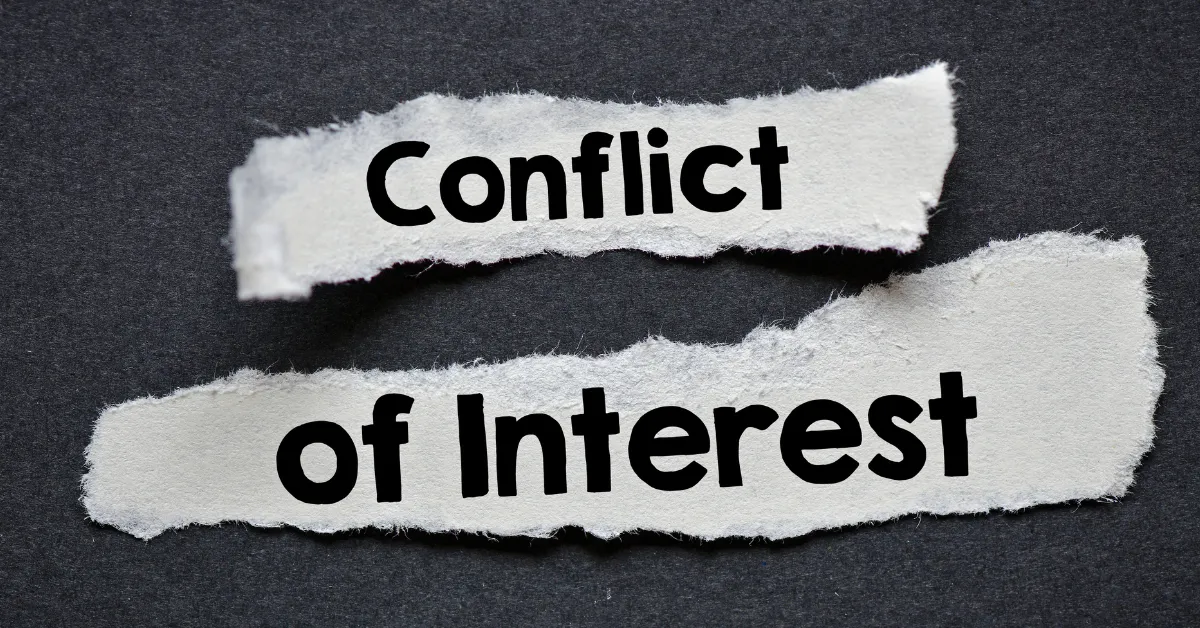Can You Trust Your Lawyer? The Hidden Dangers of Conflict of Interest in Criminal Defense

In the realm of defense law, maintaining ethical integrity is paramount, particularly concerning conflicts of interest. A conflict of interest arises when an attorney’s obligations to a client are compromised by competing duties or personal interests, potentially jeopardizing the client’s right to impartial and effective representation.
The Colorado Supreme Court has recently addressed such issues, providing valuable insights into how conflicts of interest can influence legal proceedings and the ethical responsibilities of defense attorneys.
Defining Conflict of Interest in Defense Law
A conflict of interest in defense law occurs when an attorney’s ability to represent a client is materially limited by the lawyer’s own interests or by responsibilities to another client, former client, or third party. Such conflicts can manifest in various forms, including:
- Simultaneous Representation: Representing multiple clients with opposing interests in the same or related cases.
- Personal Interests: Situations where an attorney’s personal interests, such as financial or relational factors, may adversely affect their professional judgment.
- Former Client Conflicts: Representing a new client in a matter that is substantially related to a case involving a former client, where the interests are materially adverse.
The American Bar Association’s Model Rules of Professional Conduct, particularly Rule 1.7, outline the general principles regarding conflicts of interest, emphasizing that a lawyer must not represent a client if the representation involves a concurrent conflict of interest, unless specific conditions are met.
Case Analysis: People v. Lopez
A notable case that sheds light on conflicts of interest in Colorado is People v. Lopez. In this case, the defendant argued that his constitutional right to conflict-free counsel was violated due to the simultaneous prosecution of both him and his attorney by the same prosecutor.
The Colorado Supreme Court examined whether a defendant, raising this issue for the first time on appeal, must demonstrate that an actual conflict of interest adversely affected their representation. The court concluded that a defendant must indeed prove that an actual conflict existed and that it adversely impacted the attorney’s performance.
This ruling underscores the importance of not only identifying potential conflicts but also assessing their actual impact on legal representation. It highlights the necessity for defense attorneys to remain vigilant in recognizing situations that could compromise their ability to advocate effectively for their clients.
Ethical Obligations of Defense Attorneys
Defense attorneys are bound by ethical standards designed to ensure the integrity of the legal profession and the protection of clients’ rights. Key obligations include:
- Duty of Loyalty: Attorneys must prioritize their client’s interests above all else, avoiding situations where competing interests could impair their judgment.
- Duty of Confidentiality: Maintaining the confidentiality of all client information is crucial, and attorneys must avoid scenarios where this duty could be compromised.
- Duty to Avoid Conflicts: Attorneys should proactively identify and avoid conflicts of interest, and where unavoidable, fully disclose them to the client and obtain informed consent, or withdraw from representation if necessary.
The Colorado Rules of Professional Conduct provide guidance on managing conflicts of interest. For instance, Rule 1.9 addresses duties to former clients, stating that a lawyer shall not represent another person in the same or a substantially related matter in which that person’s interests are materially adverse to the interests of the former client unless the former client gives informed consent, confirmed in writing.
Impact on Defendants’ Rights and Case Outcomes
Conflicts of interest can have profound implications for defendants, including:
- Compromised Defense: An attorney with divided loyalties may unconsciously or consciously fail to pursue certain defenses or evidence, weakening the defendant’s case.
- Grounds for Appeal: If a conflict of interest is identified, it can serve as a basis for appealing a conviction, potentially leading to retrials or overturned verdicts.
- Erosion of Trust: Knowledge of a conflict can undermine the trust between attorney and client, which is essential for effective collaboration and defense strategy.
The People v. Lopez case illustrates that defendants must not only identify a conflict but also demonstrate its adverse effect on their representation to seek relief. This places a significant burden on defendants and highlights the critical role of attorneys in preventing such situations.
Preventive Measures and Best Practices
To uphold ethical standards and protect clients’ rights, defense attorneys should implement the following best practices:
- Conduct Thorough Conflict Checks: Before accepting representation, attorneys should diligently check for potential conflicts with current or former clients.
- Maintain Open Communication: Attorneys should discuss potential conflicts with clients transparently, ensuring they understand the implications and obtain informed consent when appropriate.
- Implement Firm Policies: Law firms should establish clear policies and procedures for identifying and managing conflicts of interest, including regular training for all staff.
- Seek Advisory Opinions: In complex situations, attorneys can consult ethics boards or seek advisory opinions to navigate potential conflicts responsibly.
By adhering to these practices, defense attorneys can mitigate the risks associated with conflicts of interest, thereby safeguarding their clients’ rights and maintaining the integrity of the legal profession.
Discuss Potential Conflicts of Interest with Your Defense Lawyer
Conflicts of interest in defense law present significant ethical challenges that can adversely affect legal representation and defendants’ rights. The Colorado Supreme Court’s deliberations, particularly in cases like People v. Lopez, emphasize the necessity for attorneys to remain vigilant in identifying and addressing conflicts.
By upholding their ethical obligations and implementing proactive measures, defense attorneys can ensure they provide effective, unbiased representation, thereby reinforcing the foundational principles of justice.
If you are a defendant concerned about potential conflicts of interest in your legal representation, it is crucial to address these issues promptly. Engage in open dialogue with your attorney to discuss any concerns and ensure that your right to conflict-free representation is upheld.
Remember, ethical legal practice is not just a professional obligation but a cornerstone of a fair and just legal system.


